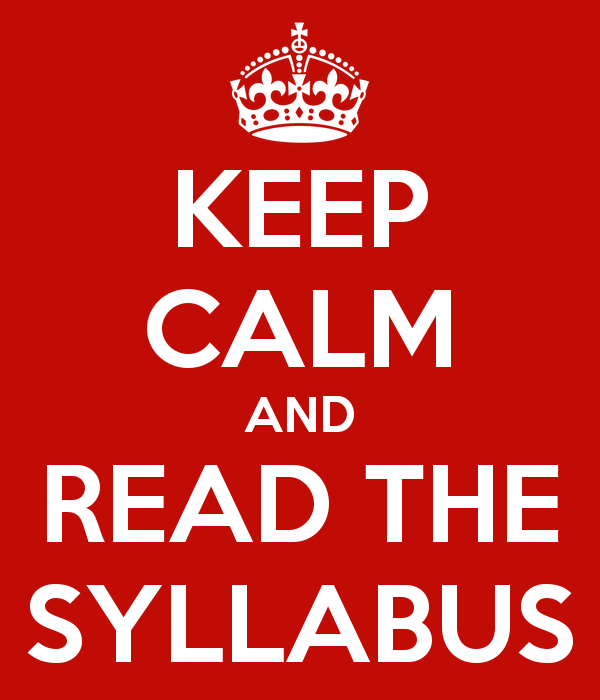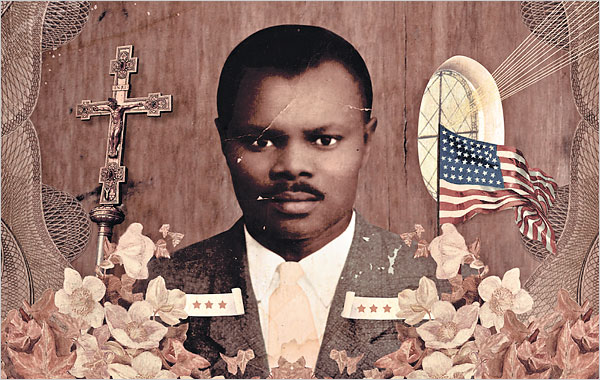
Tag Archives: Anne Galvin
The Anthropoliteia #BlackLivesMatter Syllabus Project, Week 19: Anne Galvin on Reflexivity and the White Anthropologist
The editors of Anthropoliteia are happy to continue an ongoing series The Anthropoliteia #BlackLivesMatterSyllabus Project, which will mobilize anthropological work as a pedagogical exercise addressing the confluence of race, policing and justice. You can see a growing bibliography of resources via our Mendeley feed. In this entry, Anne Galvin discusses how teaching with memoir introduces many voices and points of view in her classroom.

I attended graduate school in the 1990s and, like many anthropologists in training, spent much of my coursework considering questions of “positionality.” At the time, taking stock of anthropology’s relationship to colonial projects, as well as our own sometimes privileged positions and biases, shaped disciplinary debates and new methodologies. Reflexivity – the practice of being transparent about one’s own situation and possible bias – was one way anthropologists responded to the problem of position. It turns out these considerations are far from academic in 2017 as we work to build more effective engagements between anthropologists and movements for racial justice and develop inclusive classroom pedagogies. Continue reading